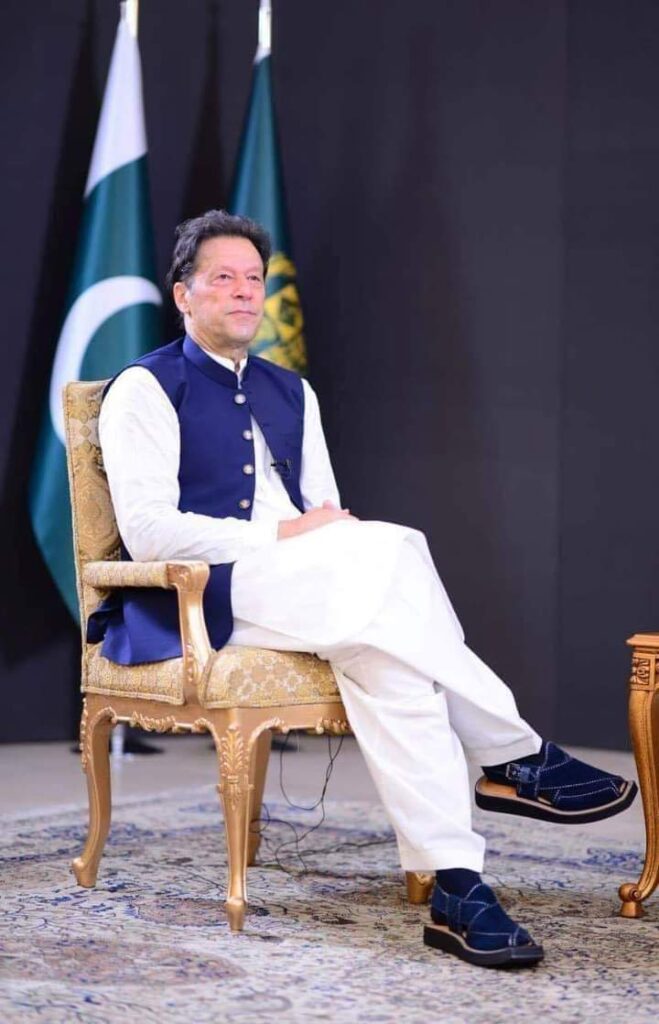The recent Google Doodle showcasing the “Pakistan National Elections 2023” signifies the global recognition of this significant political event. Google’s doodles have become iconic representations of important historical moments and cultural phenomena, and the inclusion of the Pakistani general elections in their doodle lineup highlights the democratic process and its impact on the nation. This depiction serves as a reminder to the citizens of Pakistan to exercise their right to vote and actively participate in shaping their country’s future.

The political landscape in Pakistan is abuzz with anticipation as the country gears up for its general elections in 2023. Google, known for its thought-provoking doodles, recently highlighted the significance of this event with a dedicated doodle about the “Pakistan National Elections 2023.” Scheduled to take place less than 60 days after the dissolution of the National Assembly, the upcoming elections mark a pivotal moment for democracy in the nation. This blog post delves into the electoral process, the representation system, and the role of opinion polls in shaping the country’s political future.
The Electoral System
The National Assembly in Pakistan comprises 336 members, consisting of both general and reserved seats. Out of these, 266 general seats are elected through a first-past-the-post voting system in single-member constituencies. This method aims to ensure direct representation of the people’s voice in each constituency. Additionally, 60 seats are reserved for women, elected through proportional representation based on the number of general seats won by each party in each province. Furthermore, ten seats are reserved for non-Muslims, elected through proportional representation based on the overall number of general seats won by each party.
The Significance of General Elections 2023
General elections play a crucial role in shaping the political landscape of any country. They provide an opportunity for citizens to exercise their democratic right to choose their representatives and shape the policies that will govern the nation. In Pakistan, the upcoming elections are particularly significant as they mark the completion of a five-year term for the National Assembly, leading to the dissolution of the current government. The outcome of these elections will determine the path the country will take in the coming years.
Opinion Polls: A Barometer of Public Opinion
In the run-up to the 2023 Pakistani general elections, various organizations have been conducting opinion polls to gauge public sentiment and voting intentions across the nation. These polls serve as a barometer of the public’s perception of PTI, led by Imran Khan’s Pakistan Tehreek-e-Insaf (PTI). By collecting and analyzing data, pollsters aim to provide insights into the potential outcome of the elections and public approval ratings.
Opinion Polls and Voting Intention
Opinion polls conducted in Pakistan are based on a date range that extends from the previous general election held on 25th July 2018 to the present day. These polls seek to capture the evolving political landscape and voting patterns. By surveying a representative sample of the population, pollsters aim to gauge voting intentions, party popularity, and the factors that influence voters’ decisions.
Public Perception and Approval Ratings
One key aspect analyzed by opinion polls is the approval rating of the civilian Pakistani government, led by Imran Khan’s PTI. These ratings serve as an indicator of public satisfaction or dissatisfaction with the government’s performance and policies. By monitoring the approval ratings, political parties can assess the effectiveness of their governance and make necessary adjustments to cater to the public’s demands.

The Road Ahead: A Democratic Future
As Pakistan approaches its National Elections in 2023, the country stands at a critical juncture in its democratic journey. These elections offer an opportunity for the citizens to shape the future direction of the nation
